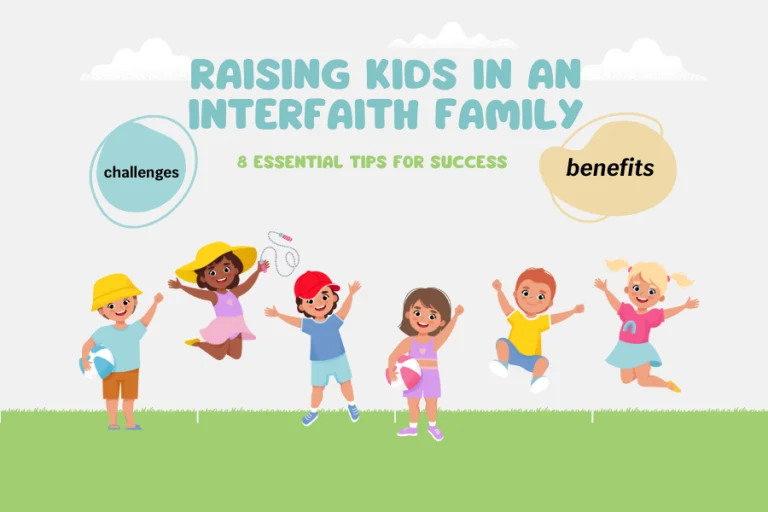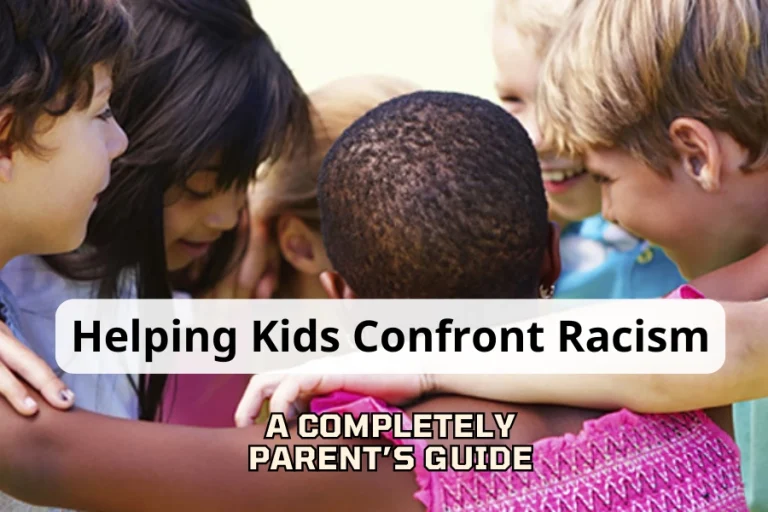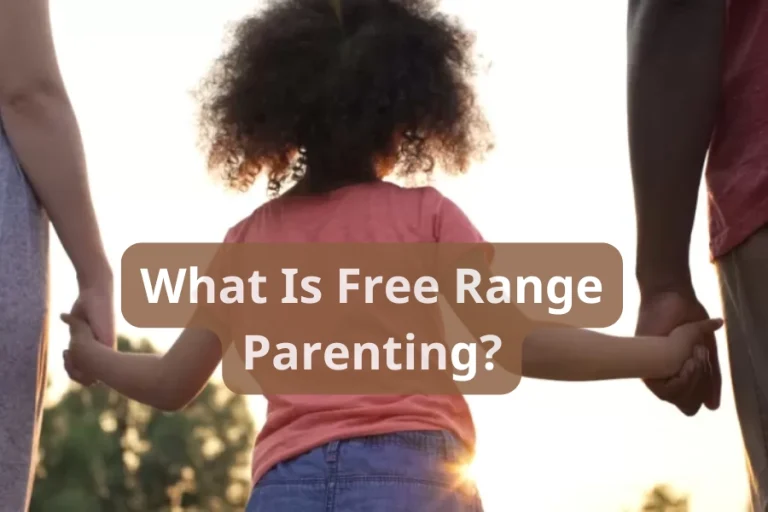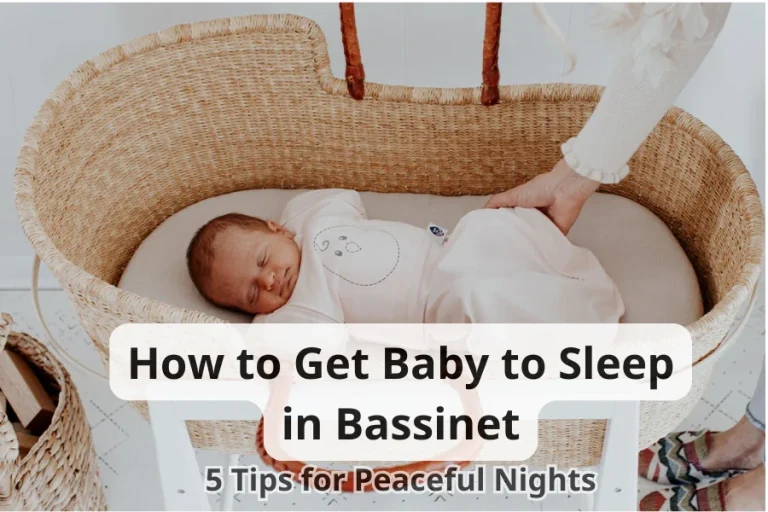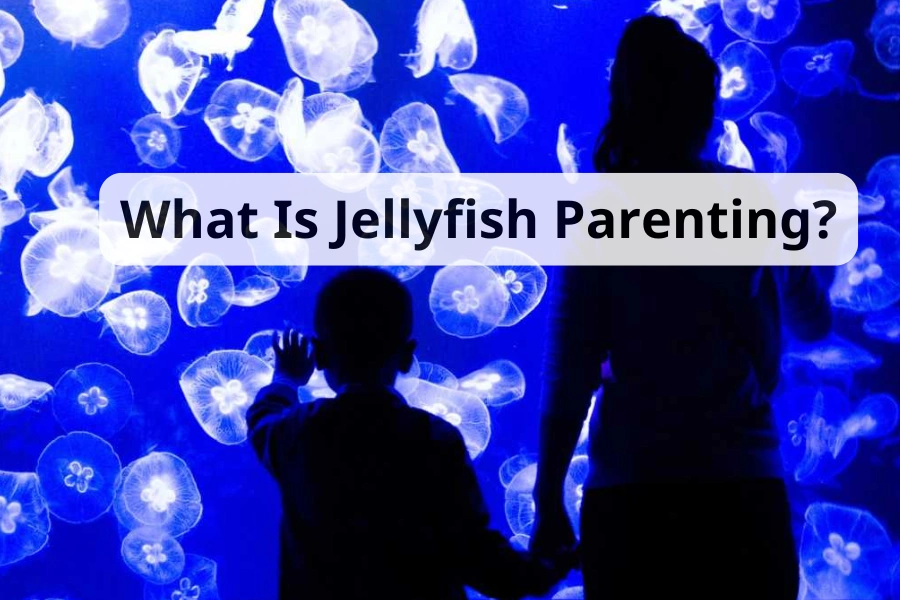
Have you ever heard of the term “jellyfish parenting”? The image of jellyfish drifting in the ocean seems peaceful, but when applied to parenting, it contains profound meanings. So, what is jellyfish parenting? Is it a new trend in parenting or simply another way of saying pampering children?
The feeling of touching a jellyfish is soft, slippery, and somewhat… indefinite. That is also the feeling that many people associate with the jellyfish parenting style. In this method, parents often create a safe, comfortable living environment for their children, but rarely set limits and discipline. So, is it really good to let children develop freely? Let’s find out about this parenting style and its pros and cons with Babies Parent!
What Is Jellyfish Parenting?
Surely when you surf the parenting forum to find parenting methods, you will accidentally see the phrase “jellyfish parenting”. So what is jellyfish parenting?
Alongside tiger parenting or dolphin parenting techniques, jellyfish is a type of parenting that is currently popular in parenting communities. This is a “new” parenting method that puts the children’s wishes first. While traditional parenting methods focus on rules, jellyfish parenting is “free-er” and “more flexible”.
Jellyfish parenting can be understood as a permissive parenting style, alongside the authoritative, neglectful, and authoritarian styles used in child psychology. These parenting styles are based on a 1960 classification of parenting methods by psychologist Diana Baumrind, PhD, of the University of California at Berkeley1.
Jellyfish parenting is a method in which parents become more lenient, relaxed and do not restrict their children. Parents who follow the jellyfish parenting style often do not impose rules, putting the happiness and safety of their children first.
In contrast to the authoritarian parenting style, the “jellyfish” parenting style does not limit their children. Just as jellyfish do not have a backbone, parents using this method do not have a “discipline backbone”. Simply put, parents will meet all the demands of their children without setting boundaries.

Pros and Cons of Jellyfish Parenting
If you still don’t understand what jellyfish parenting is, let’s take a closer look at the benefits and drawbacks of this new parenting method.
Key Benefits of Jellyfish Parenting
Jellyfish parents tend to put their children’s needs first and give them freedom without setting limits or discipline. This parenting style has the following benefits:
Stronger connection between a parent and child: The relationship between a jellyfish parent and their child gets stronger because they prioritize their kids’ needs and happiness. Parents who adopt this method will have a warmer, happier relationship with their children.
Increased independence and confidence in children: Children raised in the jellyfish parenting style often have more independence and confidence because they are not limited by their parents. This method will help children pursue their own passions and interests and are also encouraged to make judgments based on their own perspectives.
Reduced stress: Jellyfish parenting is often less stressful than authoritative parenting because it does not require much discipline or limits. Both parents and children feel comfortable following this method instead of being stressed or overwhelmed every time the child “breaks the rules”.

Drawbacks of Jellyfish Parenting
Despite its positive advantages, there are more mixed opinions when discussing what is jellyfish parenting. Because this parenting method is considered too “permissive”.
A famous parenting expert, and author of The Gentle Parenting Book, Sarah Ockwell-Smith said:
Children who are raised by permissive parents tend to grow up without appropriate boundaries and discipline
Lack of discipline: This is one of the main disadvantages of the jellyfish parenting style. When there are no boundaries or discipline, children will not know where to stop. This will lead to children losing control and not knowing how to solve problems. Children also cannot make the right decisions due to the lack of discipline and guidance from parents. This is also one of the similar aspects between jellyfish parenting and free-range parenting.
While this may sound great if you’re a child, the lack of teaching and direction can mean children struggle to fit in with the world around them and societal expectations.
Children lack the skills to control emotions: Jellyfish parents tend to fulfill their children’s every wish as a way to avoid their children being sad and to soothe their emotions. That is why children raised in this way have difficulty managing their emotions, especially when things go “not as they want”.
Permissive parents will often run themselves into the ground, behaving like some sort of parenting martyr, in order to put their children first and avoid any discipline that makes their children unhappy or angry
Tires parents out: The result of jellyfish parenting is not only emotionally “deficient” children but also emotionally exhausted parents. Parents will need a lot of energy to indulge their children. And trying to stay calm to pamper their children, in the long run, will lead to too much suppression. The longer it lasts, the more tired parents will be while children will have more “power” and less gratitude. This will leave parents emotionally and physically exhausted.

How to Strike a Good Balance for Jellyfish Parenting
When comparing and considering clearly, you will see that the drawbacks are more than the benefits. So how to balance when using the jellyfish parenting method? This is certainly an issue that many parents are concerned about when learning about what is jellyfish parenting.
Set appropriate boundaries
Instead of focusing only on jellyfish, try switching to dolphin parents. If jellyfish are indulgent and have no “backbone” of discipline, dolphins will take advantage of the “backbone” of discipline to raise their children. Simply put, you will switch from a permissive parenting style to authoritative parenting. You can still indulge your children but there will be necessary limits and discipline.
Parents are always ready to support their children, showing high levels of empathy and nurturance, but they are not afraid to discipline where it is needed.
Instead of indulging your children without limits, set appropriate limits for them. You can help your children learn to be self-reliant and responsible by encouraging limits. It can be understood as a way to allow your child to be “free” but still within the appropriate “discipline grid”. This will prevent your child from losing control or being bossy.
Encourage independence and befriend your child
Parents can also increase their confidence and independence by supporting them emotionally and guiding them to make appropriate judgments. Encourage your child to take responsibility and be self-reliant in difficult situations. Children need to learn to solve problems and control their lives with the support of their parents.
Befriend your child and listen to their interests. This will help you build a close relationship with your child and make it easier to provide guidance and support when your child needs it.

FAQs
According to some studies, the most harmful parenting style is Authoritarian parenting or Neglectful parenting. Authoritarian parenting is characterized by parents having absolute control, demanding absolute compliance, and using punishment to control their children. This method can lead to low self-esteem, anxiety, anger, and even oppositional behavior in children.
Meanwhile, Neglectful parenting is when parents do not care about their children’s emotional or material needs. This method will lead to children losing control and a bad relationship between parents and children.
Authoritative parenting is often considered the healthiest style of parenting. It combines love, support, and discipline. Parents set clear limits, but also listen to and respect their children’s opinions. This can help children develop self-confidence, self-reliance, and a good relationship with their parents.
Toxic parenting is a broad term that includes parenting styles that can be harmful to a child’s emotional and psychological development. This can include:
– Neglectful parenting: Parents do not care about their child’s emotional or physical needs.
– Permissive parenting: Parents set few or no limits, allowing their children to do whatever they want.
– Manipulative parenting: Parents use emotions or guilt to control their children.
– Favoritism: Parents treat their children unfairly, favoring one child over the others.
Bottom Line
So, what do you think about jellyfish parenting? Jellyfish parenting is a unique type of parenting with its own pros and cons. Hopefully, this article has helped you understand what is jellyfish parenting and find the right parenting method for you.
Most importantly, each child is an independent individual, needs to be raised most appropriately. Choosing which method depends on the circumstances and personality of each family. The thing to remember is that love, care and proper guidance are always a solid foundation for children’s development.
- Baumrind, D. (1991). Parenting styles and adolescent development: A decade of findings. In J. E. Grusec & L. Kuczynski (Eds.), Parenting and children’s social development. ↩︎

